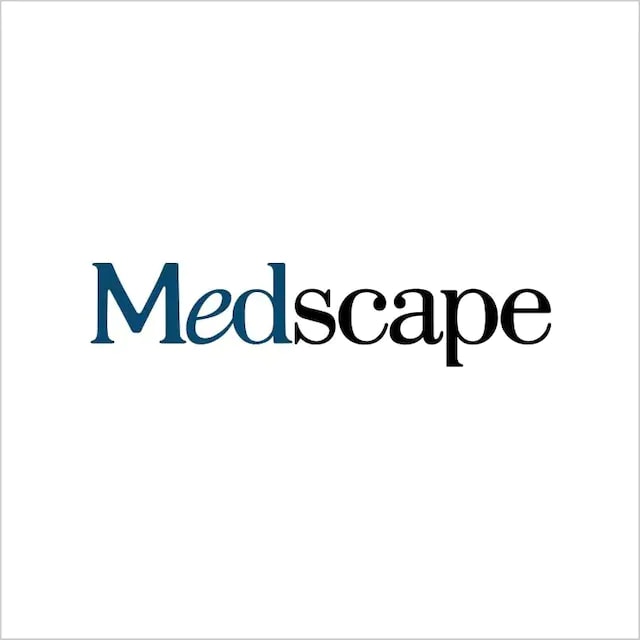NEW YORK (Reuters Health) – New research supports the use of axicabtagene ciloleucel (axi-cel) as first-line treatment for patients with high-risk large-B-cell lymphoma (LBCL).
Axi-cel is an autologous anti-CD19 chimeric antigen receptor (CAR) T-cell therapy approved for patients with relapsed/refractory LBCL after two or more systemic lines of therapy.
In the phase-2 ZUMA-12 trial of 40 patients with high-risk LBCL, first-line axi-cel therapy led to a high objective response rate (89%) and complete response rate (78%).
After a median follow up of 15.9 months, 73% of patients had an ongoing response. While the median duration of response, event-free survival and progression-free survival were not reached, 12-month estimates were 81%, 73% and 75%, respectively.
The estimated overall survival rate at 12 months was 91%.
Axi-cel therapy was well tolerated with no new safety signals. Grade-3-or-higher cytokine release syndrome (CRS) occurred in three patients (8%) and neurologic events occurred in nine patients (23%).
There were no treatment-related grade-5 events. “Robust CAR T-cell expansion occurred in all patients with a median time to peak of eight days,” the study team reports in Nature Medicine.
“Existing treatments for LBCL consist of six months of chemotherapy. These results provide evidence that axi-cel may offer effective responses in one treatment and eliminate the need for patients to be exposed to other therapies,” first author Dr. Sattva Neelapu of the University of Texas MD Anderson Cancer Center, in Houston, says in a news release.
While a randomized trial is needed to confirm these results, Dr. Neelapu says he is “highly encouraged that with additional studies we can move CAR T cell therapy to be the first treatment for high-risk lymphoma patients.”
The study was funded by Kite Pharma. Dr. Neelapu serves as a scientific advisory board member.
SOURCE: https://go.nature.com/3CXdi8J Nature Medicine, online March 21, 2022.
Source: Read Full Article






